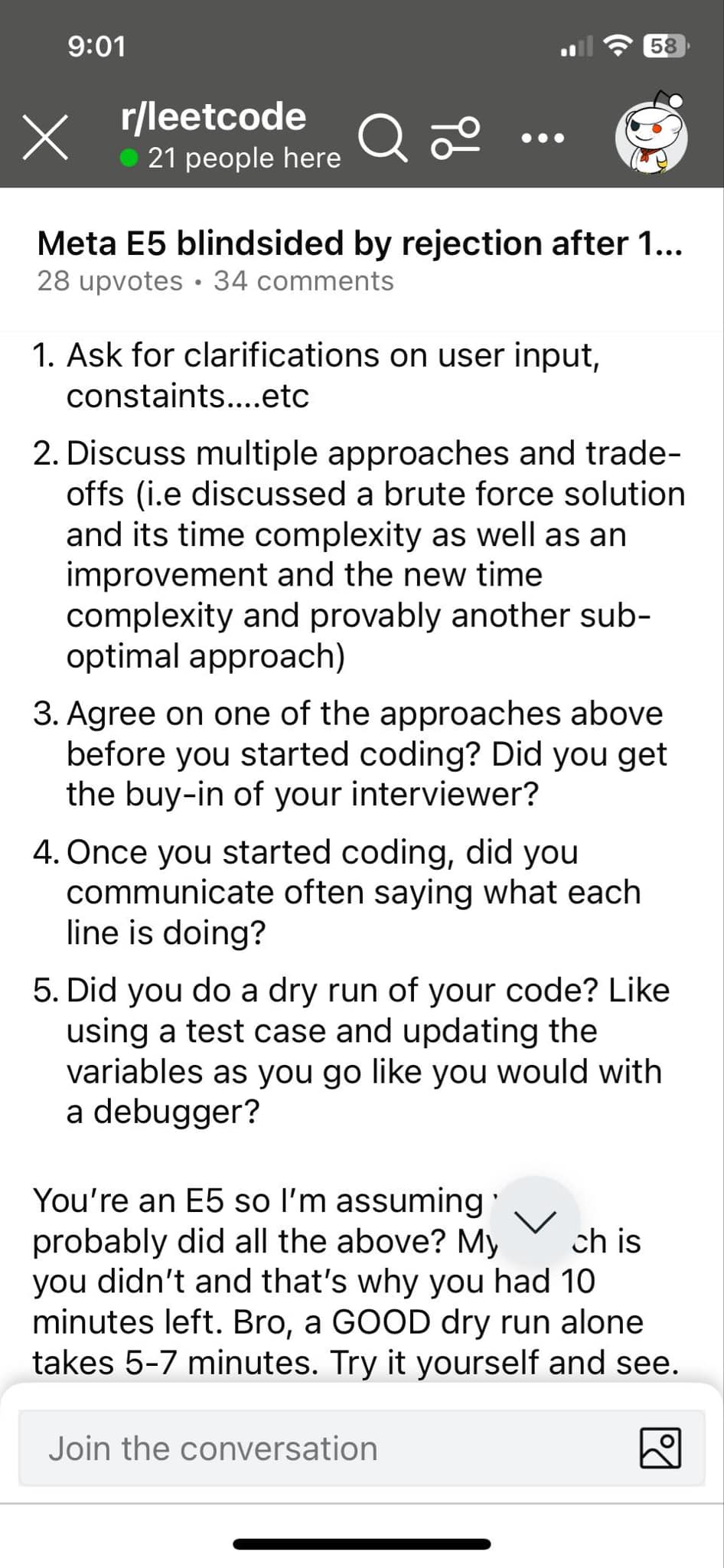Template
dsa
m
.
def solve_problem(inputs):
# Step 1: Understand the Problem
# - Parse inputs and outputs.
# - Clarify constraints (e.g., time, space).
# - Identify edge cases.
# Step 2: Plan and Design
# - Think about the brute-force approach.
# - Optimize: Can you use dynamic programming, divide & conquer, etc.?
# - Choose the appropriate data structures (e.g., arrays, hashmaps, heaps).
# Step 3: Implement the Solution
# - Use helper functions for modularity.
# - Write clear, well-commented code.
def helper_function(args):
# Optional: For recursion, BFS, DFS, etc.
pass
# Main logic
result = None # Initialize result or output variable.
# Example logic
# for num in inputs:
# result += num # Or other computations.
return result
# Driver code (for testing locally)
if __name__ == "__main__":
inputs = [] # Replace with example test cases.
print(solve_problem(inputs))

No Comments